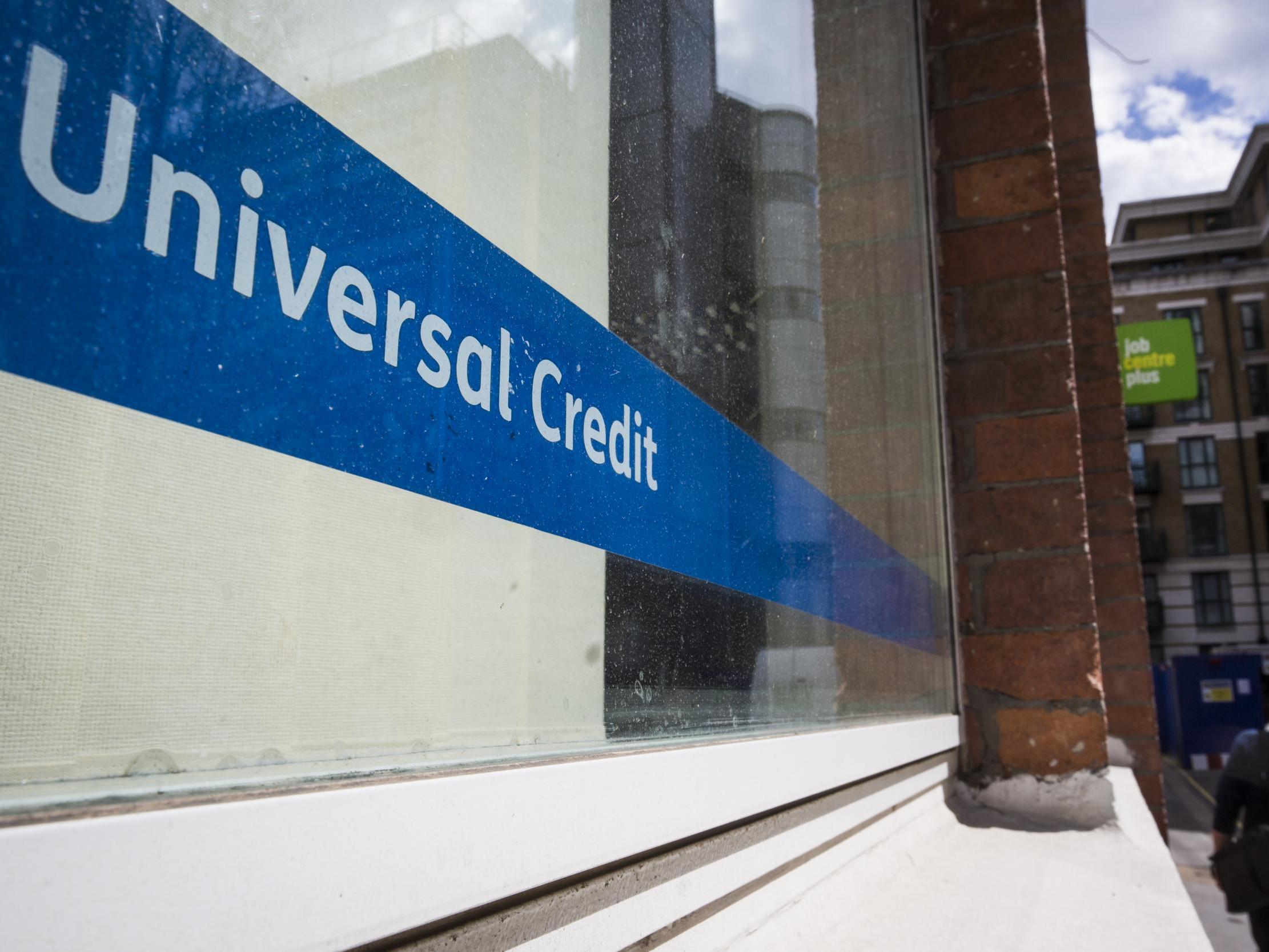Despite warning after warning, the universal credit rollout continues
Analysis: A local council has branded the flagship welfare reform ‘broken’, but May Bulman says ministers show little sign of changing their plans


Universal credit has been criticised – yet again. This time, it is one of the first local authorities to roll out the reform that has spoken out. Southwark Council said the new system was “broken” and leaving claimants in rent arrears and depending on charity for food. Coming from the council itself, it is difficult to dispute these claims.
But the Department for Work and Pensions (DWP) has responded by deflecting from the issues put before them. “The vast majority of people are happy managing their money,” a spokesperson claimed in response to the criticism, adding: “Many claimants come on to universal credit with pre-existing rent arrears which falls by a third after four months.”
This tactic of jumping to defend universal credit has become a common operation for DWP ministers and press officers. The reform was introduced in 2013 with the intention of bringing “fairness and simplicity” to Britain’s social security system, by rolling six major working-age benefits into one payment. The department continues to insist that the new benefit is helping people to get into work faster and stay in work longer than the system it is replacing.
The reality is that the flagship welfare reform has left many claimants worse off than they were under legacy benefits. Recent data showed that council tenants on the new benefit owed six times as much rent as those using the old system, with evictions in a county where universal credit was in place up by 55 per cent compared to the same time last year.
Numerous think tanks and charities have raised concerns that the complex system will still heavily penalise single parents and second earners in families – who are usually women – as under universal credit they will start having their benefits clawed back after working just eight hours a week, creating a strong incentive to limit their hours.
Administrative glitches have also put poorer claimants at heightened risk of hunger, debt and rent arrears, ill-health and homelessness. A study recently found that this financial strain was making people increasingly anxious and depressed and worsening existing health problems, with some driven to consider suicide.
The Independent revealed last week that more than half of people denied universal credit were found to be entitled to it when their cases were investigated by the courts, prompting concerns that incorrect refusals by caseworkers were leaving vulnerable people out of pocket for months.
Any hopes that the appointment of Amber Rudd to the role earlier this month would bring about any sort of radical change were quickly dashed when she said universal credit was “a tremendous force for good in this country” and defended it as a “simplified benefit system that helps some of the most vulnerable people in society”.
So despite the repeated warnings from charities, academics, and now councils, the rollout looks set to continue. And unless considerable changes are made, so too will the suffering inflicted on claimants up and down the country.
Join our commenting forum
Join thought-provoking conversations, follow other Independent readers and see their replies
Comments
Bookmark popover
Removed from bookmarks